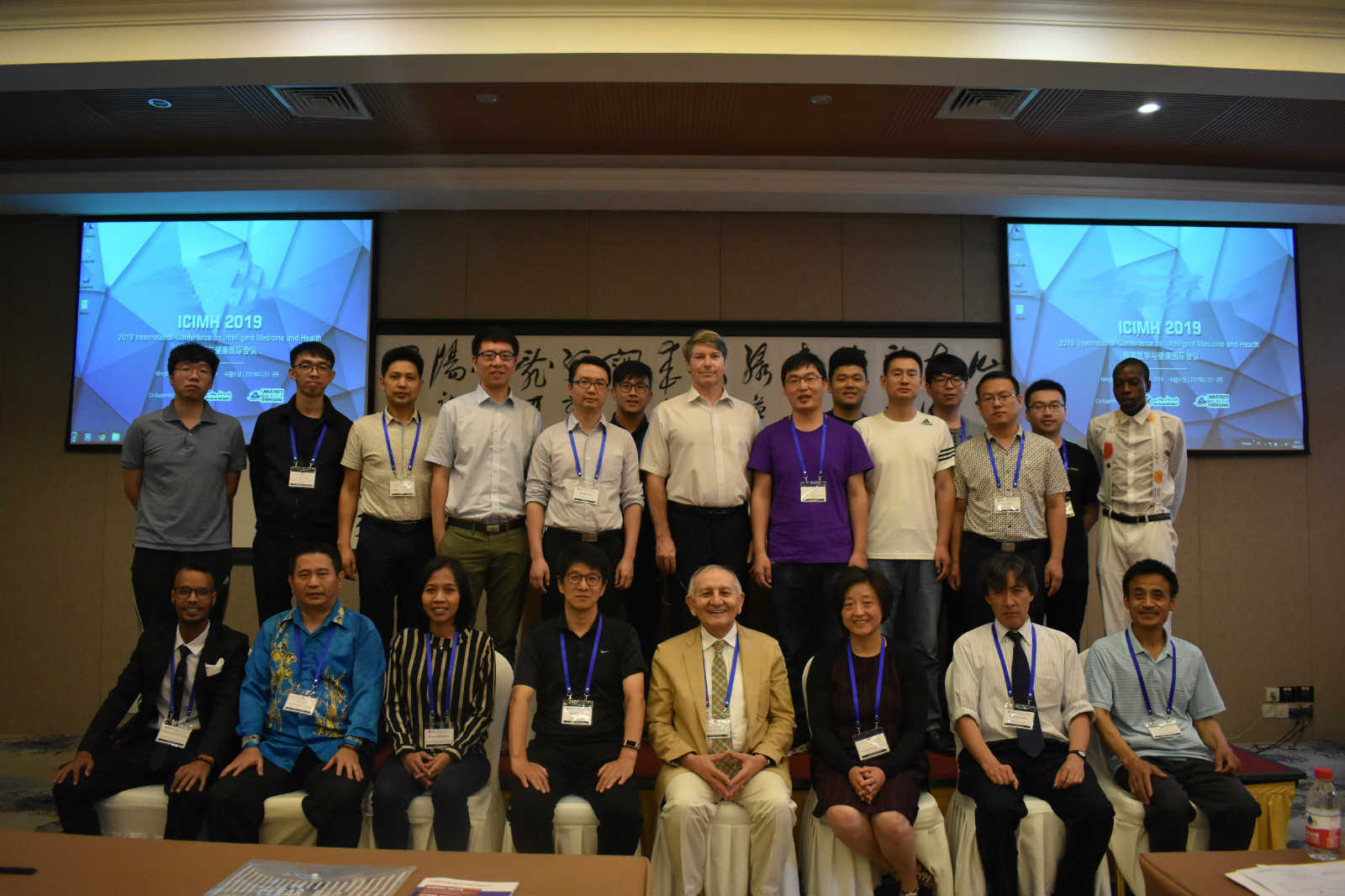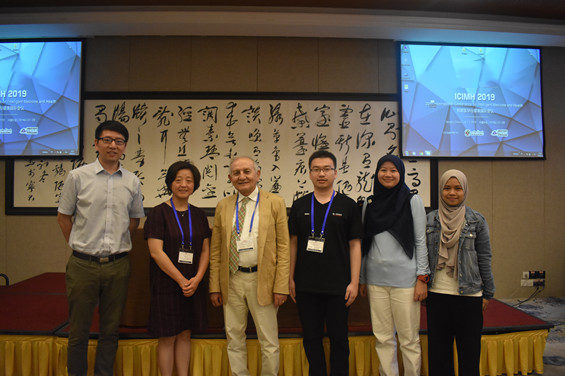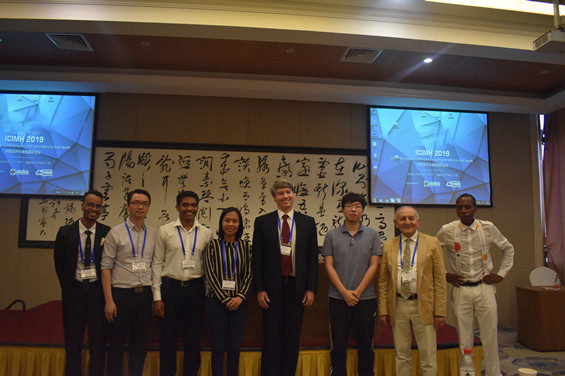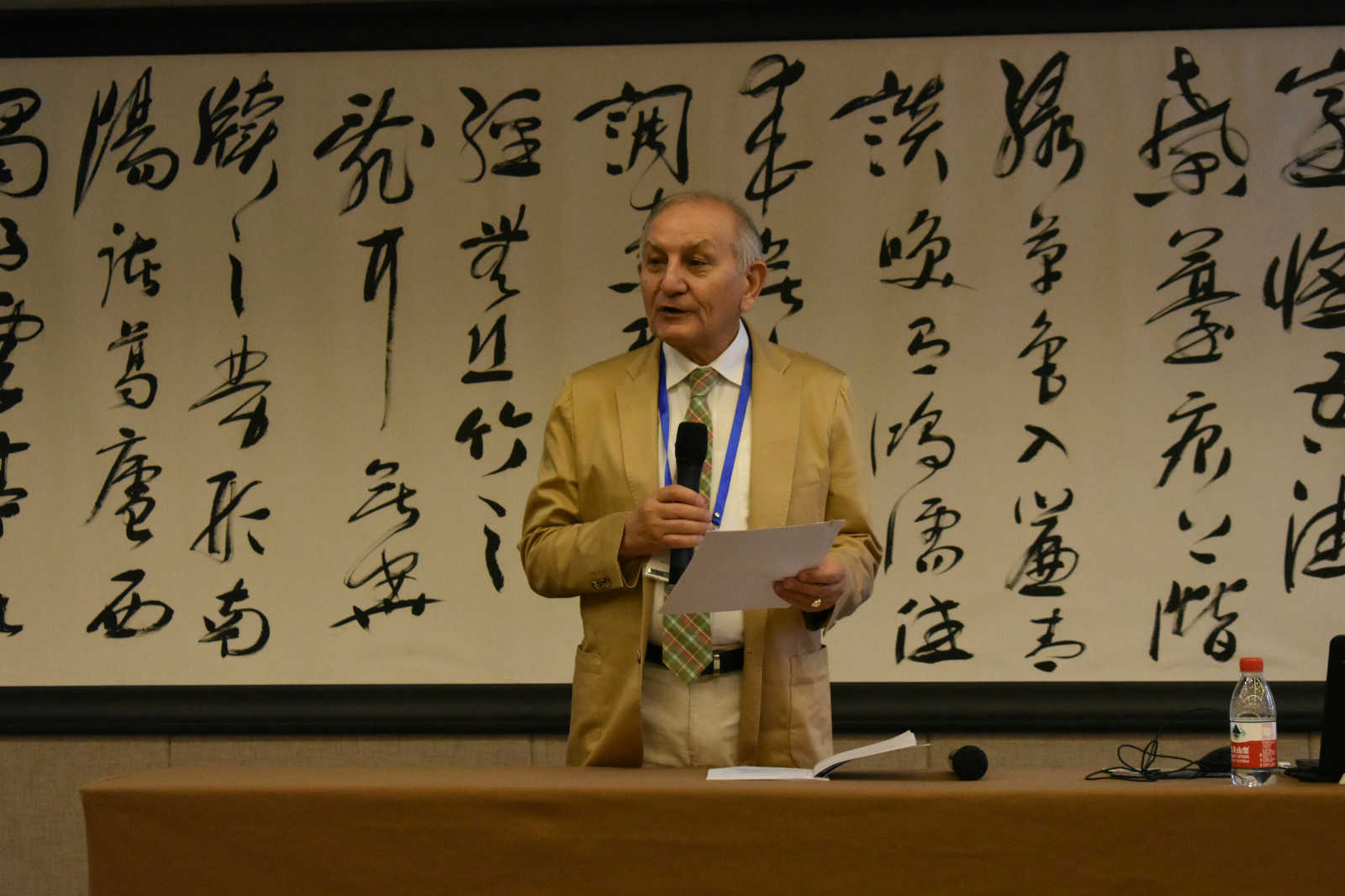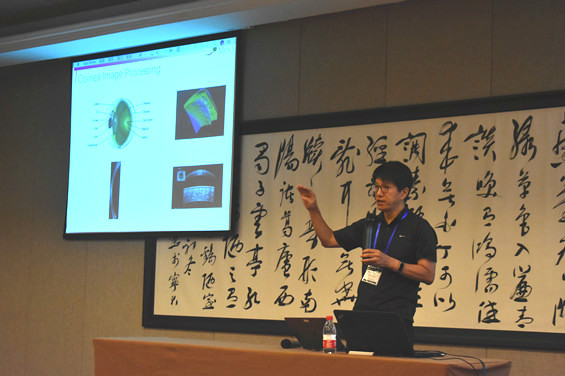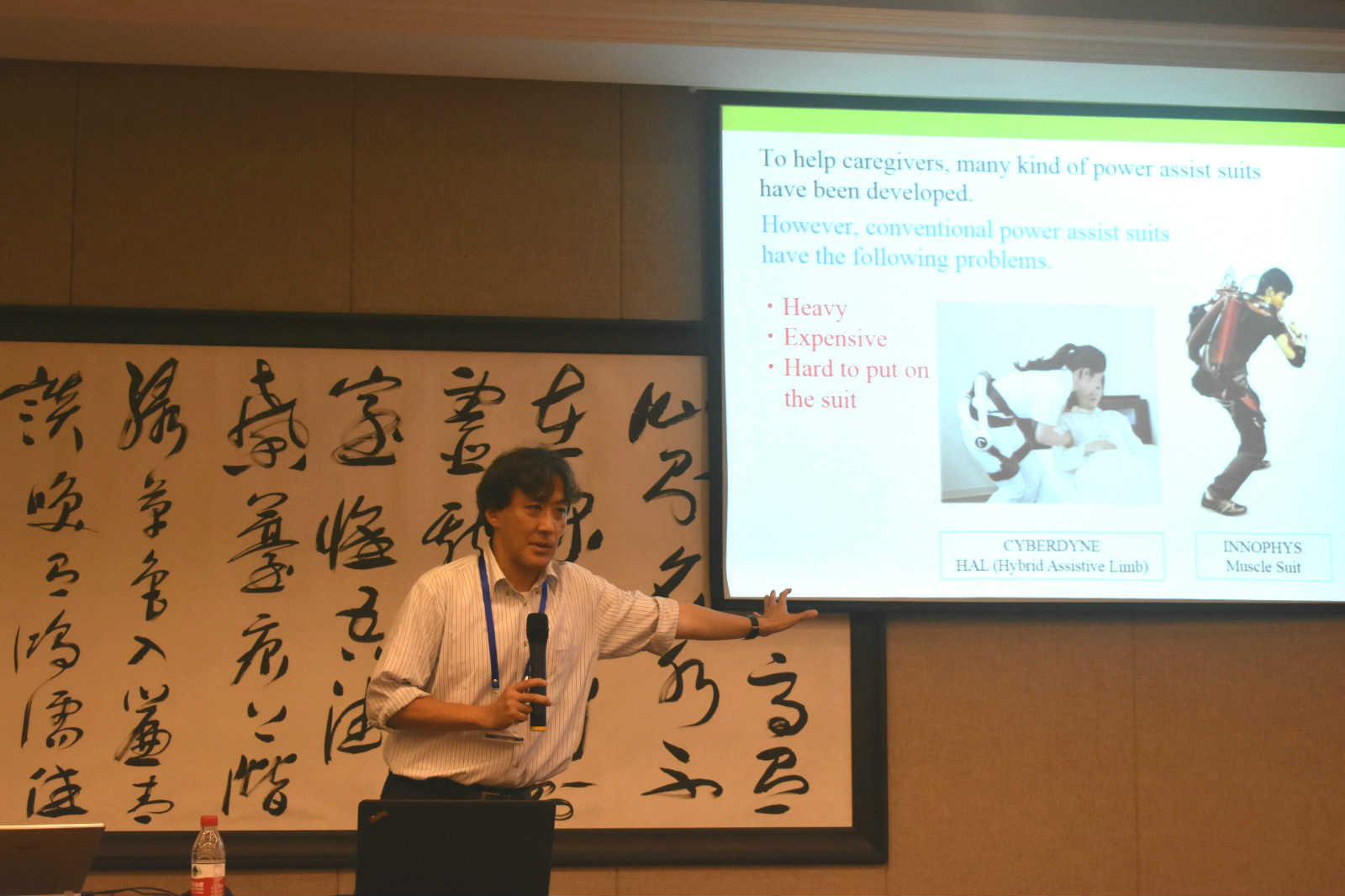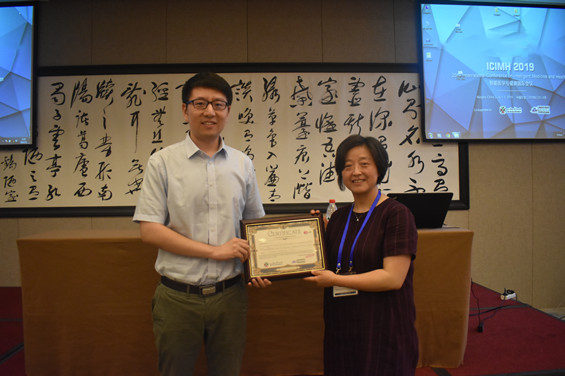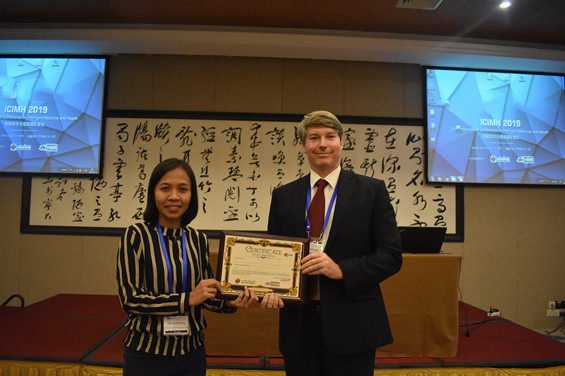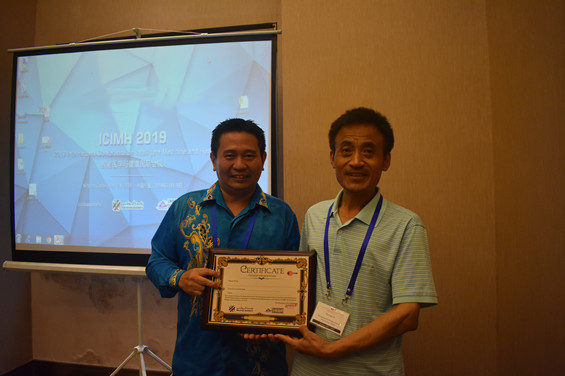Welcome to ICIMH 2026
Welcome to the 7th International Conference on Intelligent Medicine and Health! We invite you to join us on November 13-15, 2026 in Guangzhou, China.
ICIMH
2026 is sponsored by South China University of Technology, China;
hosted by Future Technology College, South China
University of Technology, China.
We will be diving into the most pressing challenges
facing academics in the Intelligent Medicine and Health,
looking into the latest trends, and identifying top
priorities. You are invited to become a part of the
vibrant conference that values free exchange of ideas
and open discussion as a way to push the field forward.
See you at ICIMH 2026 in Guangzhou, China!
欢迎参加第七届智能医学与健康国际会议(ICIMH
2026)!我们诚邀您于2026年11月13日至15日相聚中国广州。本届会议由华南理工大学主办,华南理工大学未来技术学院承办。
届时,我们将深入探讨智慧医疗与健康领域学界面临的最紧迫挑战,洞察前沿趋势,明确发展重点。本次大会倡导自由交流与开放讨论,以此推动学科进步,诚邀您加入这场充满活力的学术盛会,共同引领领域发展。
期待2026年与您相约中国广州,共赴智慧医疗与健康之约!
Proceedings | 论文集
All
papers will be strictly double blind reviewed by the
program committee and reviewers, and accepted papers
after proper registration and presentation will be
published in the Conference
Proceedings.
投稿文章将经过严格的审稿过程,最终录用并完成注册和报告的文章将出版到ICIMH
2026会议论文集。
Photo Gallery
Quick Links | 快速链接
GUANGZHOU, China | 中国广州




Important Dates | 重要日期
Submission
Deadline: June 10, 2026
投稿截止日期:2026年6月10日
Notification Deadline: July 10, 2026
录用通知日期:2026年7月10日
Registration Deadline: July 25, 2026
注册截止日期:2026年7月25日
| Sponsored by / 主办单位 | ||||
 |
||||
| Hosted by / 主办单位 | ||||
 |
||||
| Technical Supported by / 学术支持单位 | ||||
 |
 |
 |
||
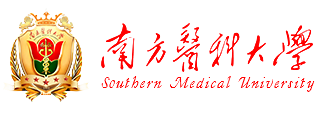 |
||||










